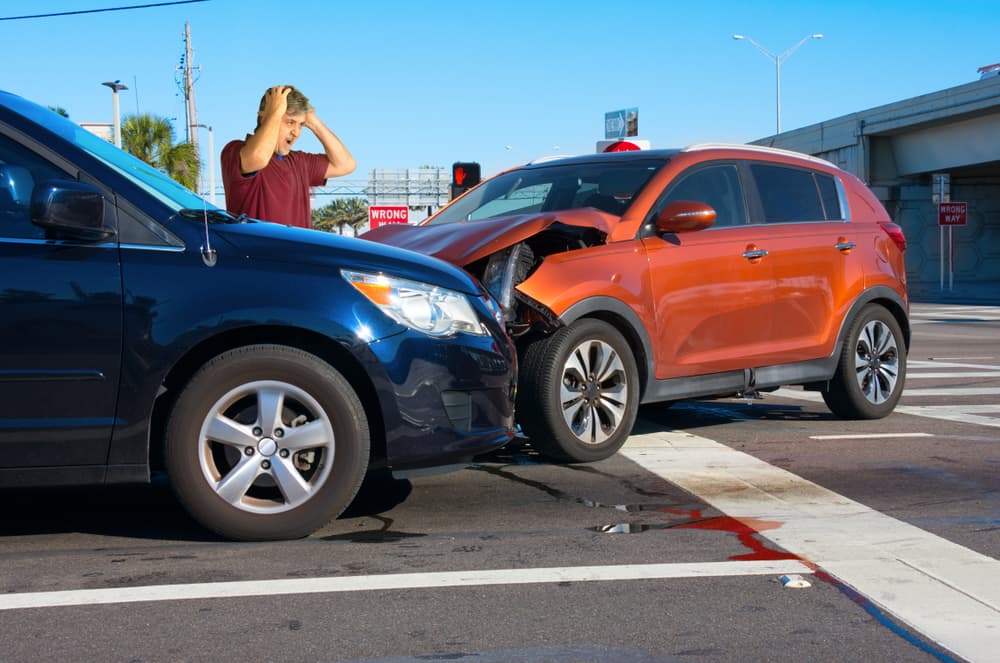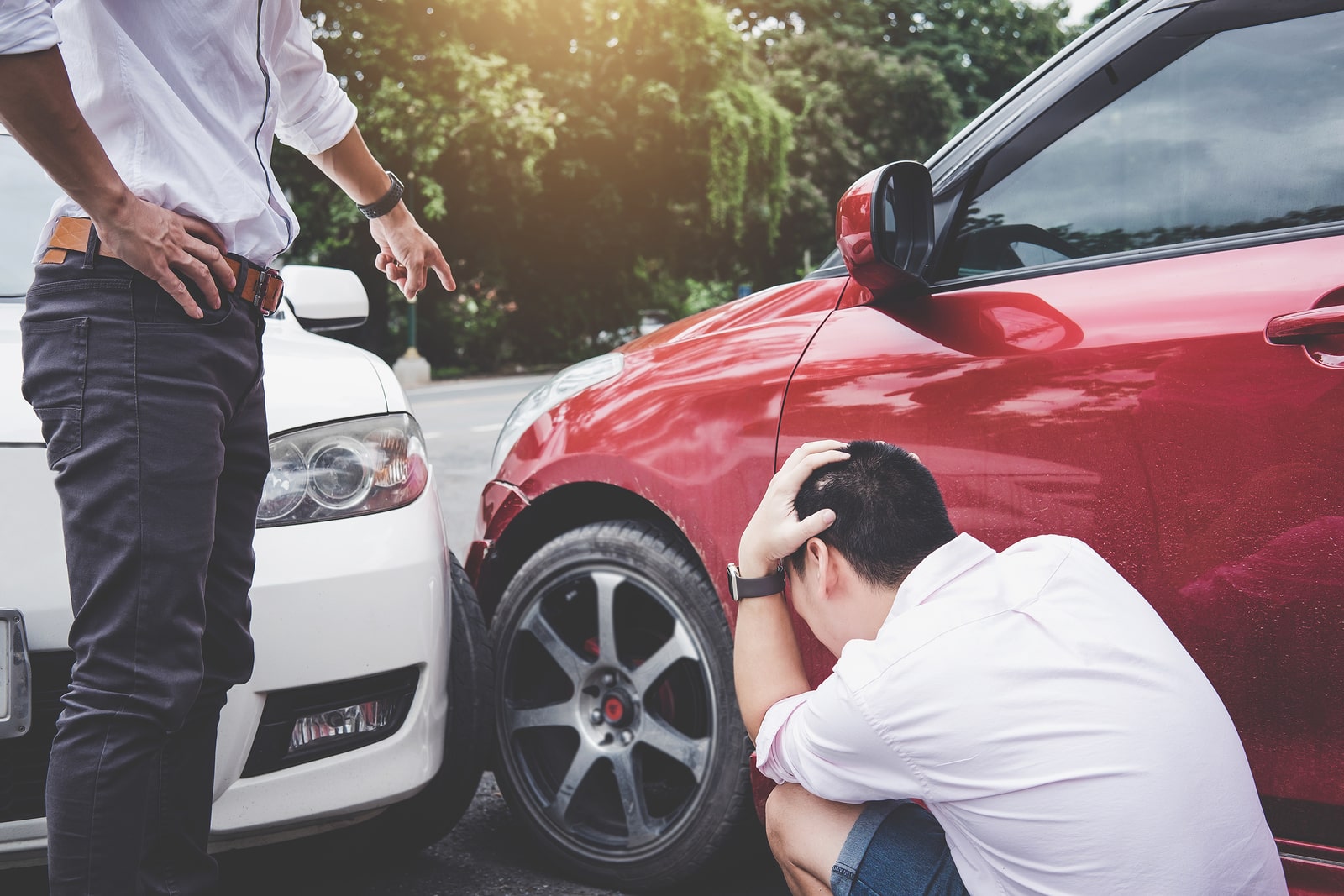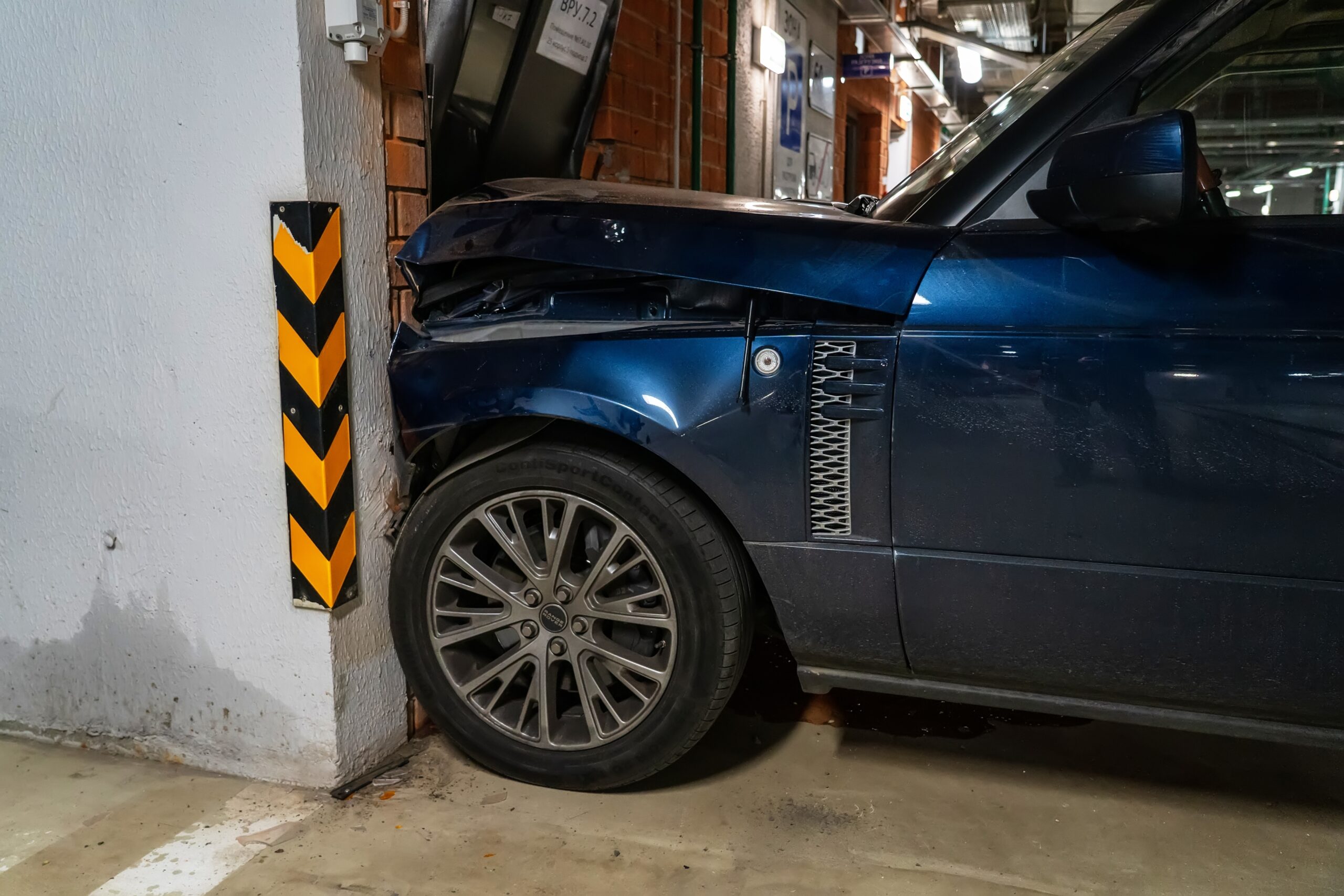Being involved in any motor vehicle accident can be overwhelming, but a bus accident comes with unique challenges. Whether you were a passenger on the bus, a pedestrian, or driving another vehicle, the physical and emotional toll of your injuries can leave you feeling lost and unsure about what steps to take next. You don’t have to face this alone. Turning to an experienced legal professional can help you get the support and compensation you need to recover.
To better understand how legal claims for bus accidents work, it helps to break them into manageable steps. Knowing the key elements of a lawsuit can bring some clarity to an otherwise complicated process. Below, we’ll explain the components and challenges of filing a bus accident claim, all while stressing the importance of getting legal help as soon as possible.
Understanding the Basics of a Bus Accident Lawsuit
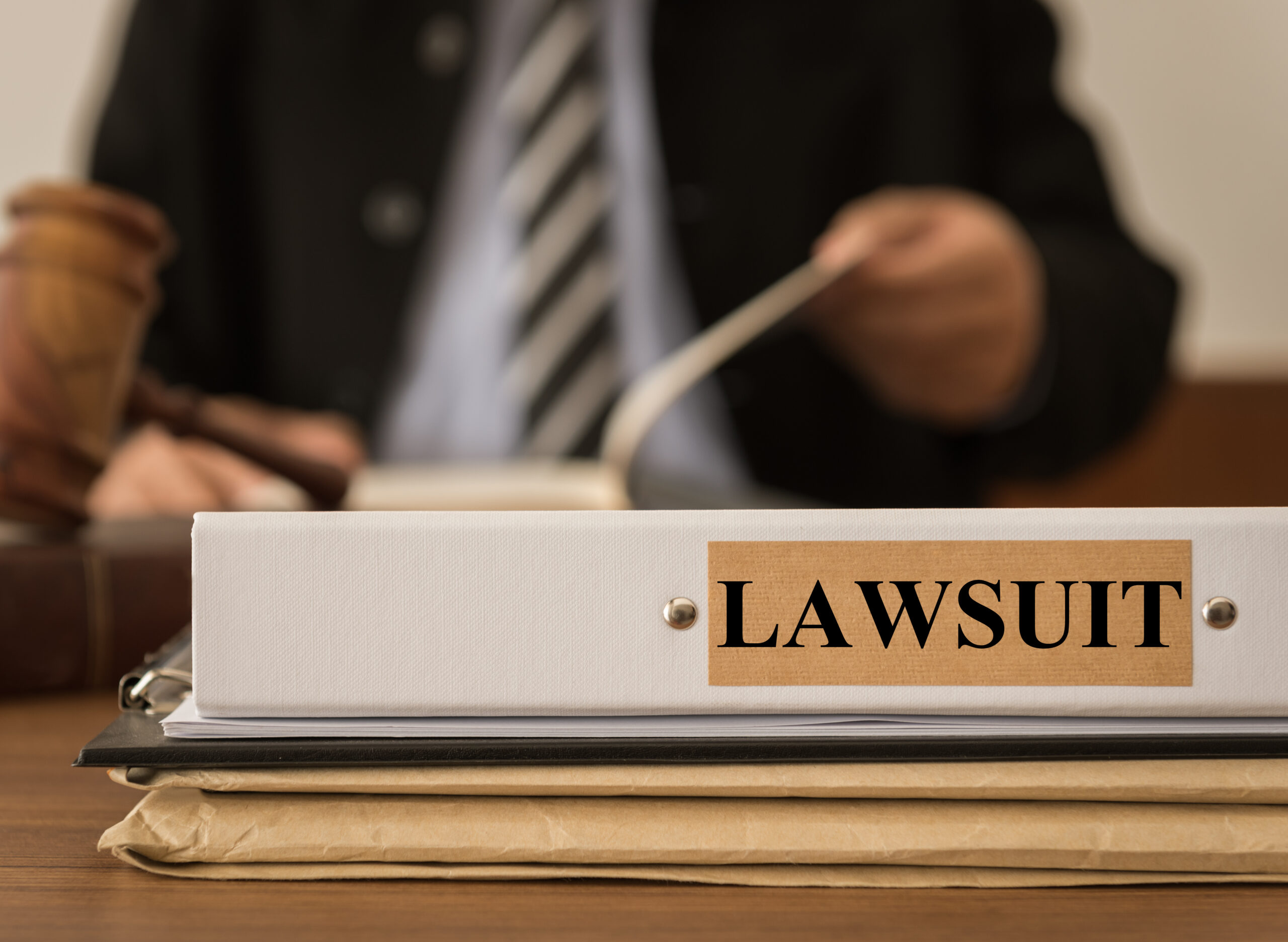
Bus accidents can cause extensive damage due to the size and weight of the vehicle, as well as the number of passengers involved. When negligence leads to these accidents, injured parties may have the right to file a lawsuit seeking compensation for medical bills, lost wages, pain and suffering, and more. However, proving negligence and securing compensation is no easy task.
Unlike a simple car accident between private individuals, bus accidents often involve public or private entities, such as city transit systems, school districts, or large corporations operating buses. These cases are much more complex—for example, government entities may have special legal protections or shorter timelines for filing claims. Without immediate legal action, your rights may slip away before you even fully understand you have them.
What Must Be Proven in a Bus Accident Lawsuit?
For any personal injury claim to succeed, including those involving bus accidents, four key elements typically need to be proven:
1. Duty of Care
The first requirement establishes that the defendant owed you a duty of care. Anyone who operates a vehicle, including bus drivers and transportation companies, must act with reasonable caution to prevent harm to others. This duty extends to passengers as well as others on the road.
The duty of care also applies to entities that manage transportation, like municipal agencies or private operators. They have a responsibility to properly train their drivers, maintain vehicles, and comply with safety regulations. For example, if a bus company fails to conduct regular safety inspections, they could be held accountable.
2. Breach of Duty
Proving a breach of duty is key to any negligence lawsuit. This means showing that the bus driver or the company failed to act as a reasonable party would under similar circumstances. A breach could involve actions like speeding, failing to yield, driving while distracted, or even putting a passenger at risk by failing to secure onboard safety equipment.
This is where an experienced bus accident lawyer can make a big difference. They often bring in expert witnesses to testify about how a particular action fell below the expected standard of care. For instance, a transportation safety expert could explain how the driver’s failure to check blind spots violated professional expectations.
3. Causation
To recover compensation, it isn’t enough to show that the bus driver or company acted negligently. You must also prove causation—that their actions directly caused your injuries. Sometimes, this is clear, such as when a speeding bus collides with your car. Other times, it may require detailed evidence and expert testimony to draw a direct line between the defendant’s actions and your injuries.
For instance, if you were a pedestrian injured due to a poorly maintained bus braking system, your legal team may need to highlight inspection records and opinions from mechanical experts to prove causation. Without the proper evidence and legal guidance, meeting this element of negligence can be difficult.
4. Damages
Finally, you’ll need to demonstrate the damages, or losses, you’ve suffered as a result of the accident. Damages may include medical bills, lost wages, reduced earning capacity, pain and suffering, and emotional distress. Financial damages (such as medical expenses) require clear documentation, while non-economic losses, like emotional pain, often involve more subjective analysis.
An experienced attorney can help ensure you account for the full scope of your damages. For example, they can work with doctors to estimate long-term rehabilitation costs or bring in mental health professionals to testify about the accident’s emotional toll.
Why Acting Quickly Is Critical
When it comes to bus accident claims, waiting too long to act can severely harm your case. Statutes of limitations dictate how much time you have to bring a claim, and these deadlines are often much shorter for cases involving government entities. However, the practical obstacles to gathering evidence and building a strong case make it even more important to act quickly.
Key witnesses’ memories fade over time, and some may become harder to locate as weeks or months pass. Physical evidence, like debris from the accident scene, may also disappear. And if there’s camera footage from the crash, it’s often deleted or overwritten within a short period. By involving an attorney as soon as possible, you give them the best chance to secure the evidence and eyewitness accounts needed to prove your claim.
Gathering Evidence to Build Your Case
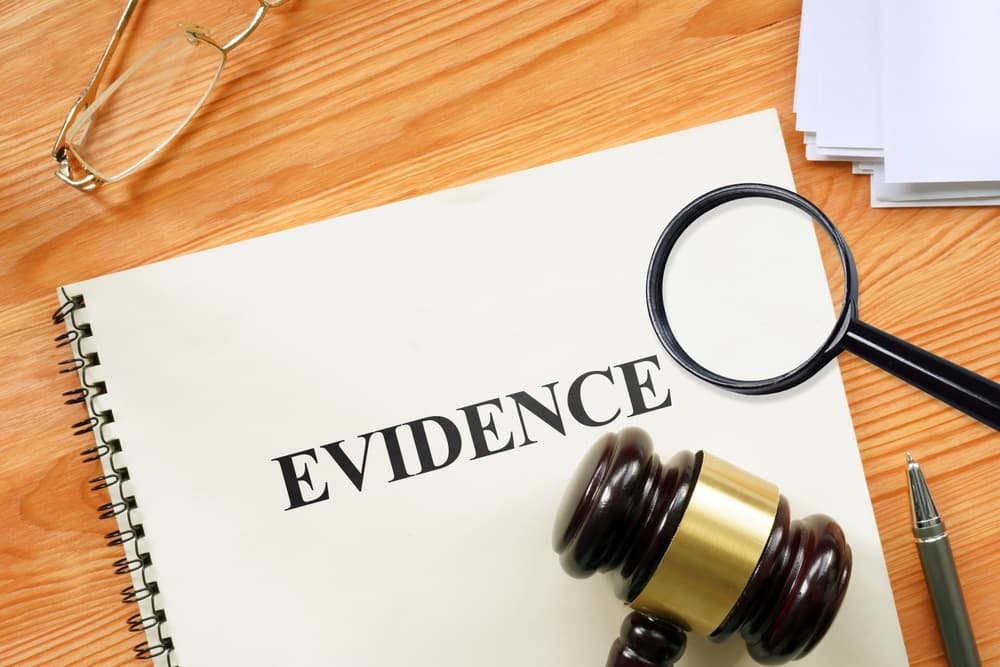
A strong bus accident claim is built on thorough evidence, which is why hiring an attorney who knows how to gather and present proof is so important. Here are some of the key types of evidence lawyers use to build a case:
1. Witness Testimony
Testimonies from witnesses, whether they were passengers on the bus, drivers nearby, or pedestrians in the area, can provide invaluable insights. Witnesses can describe the events leading up to the crash, the behavior of the driver, or other factors contributing to the accident.
2. Expert Witnesses
Expert witnesses play an essential role in providing professional opinions that support your case. From accident reconstruction specialists to transportation safety experts, their testimony can help explain complex technical issues to a judge or jury.
3. Photos and Videos
If you or others took pictures or recorded videos after the accident, these can serve as powerful pieces of evidence. Images of the accident scene, weather conditions, damage to vehicles, or visible injuries can all help establish what happened. Additionally, your legal team may secure footage from nearby security cameras, traffic cameras, or even bus surveillance systems.
4. Vehicle Wreckage
Bus wreckage, as well as damage to your vehicle or any other involved vehicle, can serve as critical physical evidence. Your lawyer may work with engineers or accident reconstructionists to analyze this wreckage in detail.
5. Maintenance and Inspection Records
Bus companies must maintain their vehicles in safe working condition, and a failure to do so can signal negligence. Investigating the maintenance history of the bus involved can reveal overlooked safety issues, like weak brakes or worn tires, that contributed to the crash.
6. Driver’s Records
The history and qualifications of the bus driver might also be relevant. If the driver has a record of prior safety violations, inadequate training, or incidents of driving under the influence, it could strengthen your case. Your lawyer can investigate these aspects as part of the broader effort to prove negligence.
Overcoming Challenges in Bus Accident Lawsuits

Bus accident lawsuits can be more complex than typical vehicle collisions. Government entities, large corporations, or school districts often have robust legal teams defending them. These entities may deny fault, shift blame onto other parties, or question the validity of your injuries.
Additionally, large-scale accidents involving multiple victims may require the division of liability and compensation among several claimants, further complicating the case.
For individuals unfamiliar with the legal process, facing these challenges alone can be draining. An attorney who specializes in personal injury cases not only understands the law but also has the resources and skill to counter complicating factors and push back against large entities. They can handle the logistics and legal battles while you focus on your recovery.
Why Seek Legal Help Now
If you’ve been injured in a bus accident, your main priority should be your physical and emotional recovery. Unfortunately, financial strain and the stress of navigating an insurance claim or lawsuit can make healing harder. That’s why you should focus on getting the right legal help as soon as possible.
At Ables & Annes, P.C., we’ve dedicated our practice to helping injured individuals rebuild their lives. Our compassionate attorneys work tirelessly to secure evidence, build strong cases, and advocate for the compensation you deserve. You can rely on us to take the burden off your shoulders while holding negligent parties accountable.

